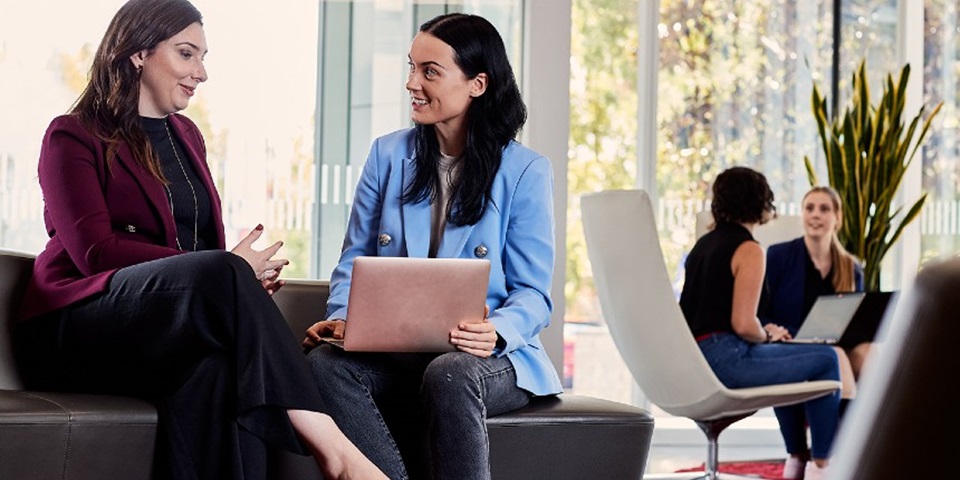Opinion
An adaptable mindset: HR’s role in creating the future workforce

An overabundance of publications seek to predict future work characteristics and skills. But is there too much focus on predicting the future of work and worker behaviours, knowledge and skills, rather than on the right mindset?
In 2020 the Growth Mindset Institute[1] reinforced the importance of a growth mindset – a belief that you can develop intelligence, skills, and abilities – for coping with the forced changes in the way we work. A growth mindset enables individuals to adapt to changes. The World Economic Forum further emphasises that there is one thing we cannot do without in the fourth industrial revolution: and that one thing is adaptability[2].Adaptability is considered an essential skill for effectively navigating the contemporary and future workplace[3] and has been presented as key to organisational competitive advantage for at least the last decade[4]. But an adaptable mindset empowers individuals to respond to change and challenges creatively - with a continuous ‘test and learn’ approach. This mindset is increasingly vital in navigating the never-ending series of workplace transformations and transitions.
HR practitioners often champion the adaptable employees' merits, but how do they cultivate a culture to identify, develop, and harness an adaptable mindset? We believe a multi-faceted approach is required.
Within organisations, HR teams can signal the need for adaptability and an adaptable mindset when acquiring new talent and build this into recruitment processes. Communicating the need for an adaptative mindset as part of essential selection criteria is fundamental to getting the right access to the talent needed. Once onboarded, internal development programs can be curated to strategically develop an adaptable mindset as a baseline capability.
Learning environments where individuals can be encouraged to experiment through accessible technologies, such as virtual reality and other simulated experiences and gamification creates safe spaces and encourages a workplace culture for people to learn and fail[5].
At Murdoch University, we are taking the opportunity to leverage these technologies in our HR curriculum and explore under-developed options for HR to partner with education providers to ensure the development of an adaptable mindset starts at the beginning of the learning journey of the future HR graduate.
For instance, virtual immersive simulation experiences are embedded within the HR curriculum to test technical and subject skills and promote awareness and motivation to widen personal aptitudes and capabilities. Murdoch University’s Virtual Centre for Simulation[6] enables HR students to participate in a range of scenarios with real-life avatars that respond in real-time to test their ‘adaptability’.
A partnership between Murdoch Business School academics and in-house HR experts with banking, engineering, education, insurance, and mining experience drives the co-design and co-development of an innovative curriculum aligned with professional competency standards and relevant for the future of the profession.
Emily Birch, former Senior Manager People Capability, RAC WA and now Associate Director, Organisational Development at Murdoch University, says that she’s been lucky enough to see individual graduates grow from a position of needing to get the right answer, to demonstrating that adaptability for outcomes is what actually matters.
"When I see this shift in graduates I know they have the foundations to be amazing leaders… to be a part of a large group of people focused on how this might be taught systemically is a career highlight!’"For HR to partner with leaders and businesses to collaboratively shape the workforce, it must take on opportunities to work with internal and external stakeholders to enhance their reputation as credible activists with the right solutions for navigating the new reality of the workforce of the future. At Murdoch we are creating a model of collaboration that is taking the best of academic and professional HR experience and applying it to the challenges that our HR graduates are likely to encounter as they transcend into the workforce of the future.
This article was written by Bonnie Robinson, HR Transformation Lead at Murdoch University and Dr Antonia Girardi, Head of the Business School at Murdoch University